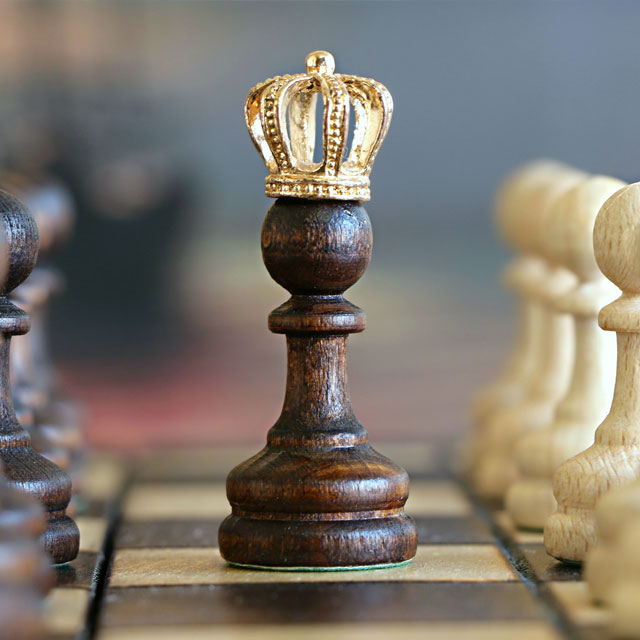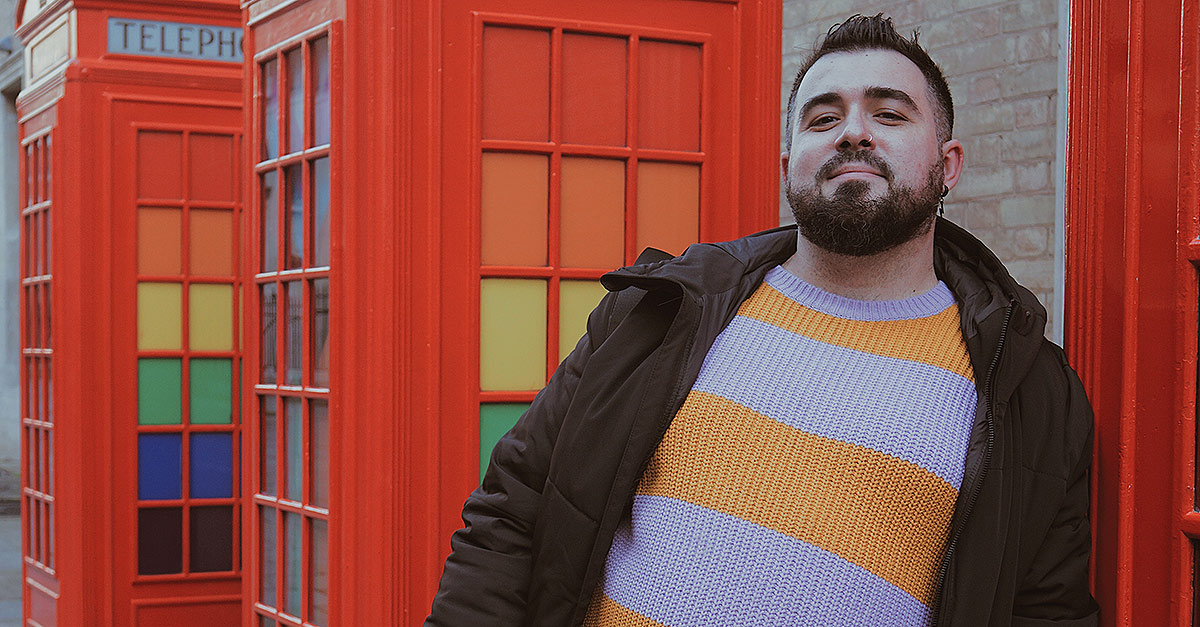
Imagine you are a soldier in the middle of the battle. Regardless of time and place, some things are constant. The adrenaline is high and the actions derive from deeply rooted reflections, reflections that sink their roots into a need to protect themselves and defeat the enemy.
Try to imagine being a reconnaissance soldier. His task is not to attack or defend; it is to understand. Go out, map the terrain, identify the obstacles. Above all, a reconnaissance soldier wants to know what’s around it as accurately as possible.
Both scenarios can be traced back to two different mentalities – a metaphor of how we process information and ideas in our daily life.

Motivated reasoning
The “soldier mentality” is what scientists call motivated reasoning. A phenomenon where our unconscious motivations, desires and fears form our way of interpreting information. Some pieces of this information are like our allies – we want them to win, we want to defend them, we want them to be right. And other pieces of information are our enemies – we want to break them down, we want them to be wrong.
This kind of mentality shapes the way we think about our health, our relationships, how we decide who to vote, and what we consider right or ethical. And the scariest thing about motivated reasoning is how subconscious it is.

Emotional reasoning
The “reconnaissance mentality” instead is what scientists call emotional reasoning. A phenomenon where there is not an idea that wins and another that loses. One right and one wrong. This is a mentality capable of cutting prejudices and motivations and trying to see facts and evidence in the most objective way possible.
This kind of mentality is much more curious, even when you encounter something that contradicts your expectations. Emotional reasoning tests its convictions in the idea that changing one’s mentality is not a sign of weakness. It is not so much connected to the concept of intelligence as to what a person feels.
“If you want to build a ship, don’t drum up the men and women to gather wood, divide the work, and give orders. Instead, teach them to yearn for the vast and endless sea.”

To be right or wrong: how to improve our judgment
If we really want to improve our judgment as individuals and as a society, what we need is not just education, logic, rhetoric, probability or economy, even if these things are all precious.
What we need is to change the way we feel – to learn to feel proud, instead of feeling ashamed when we notice something wrong, or to learn to feel intrigued rather than defend ourselves when we learn of some information that contradicts our beliefs.
What we have to ask ourselves is: what do we want more – to defend our convictions or to see the world as clearly as possible?
[Source: TED]



